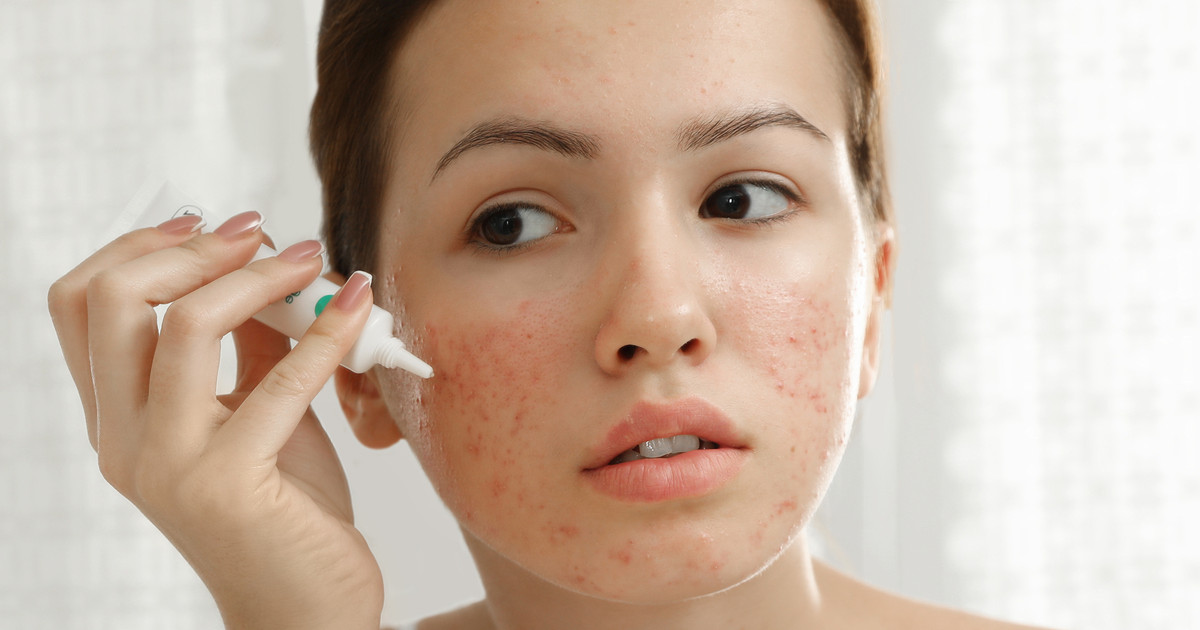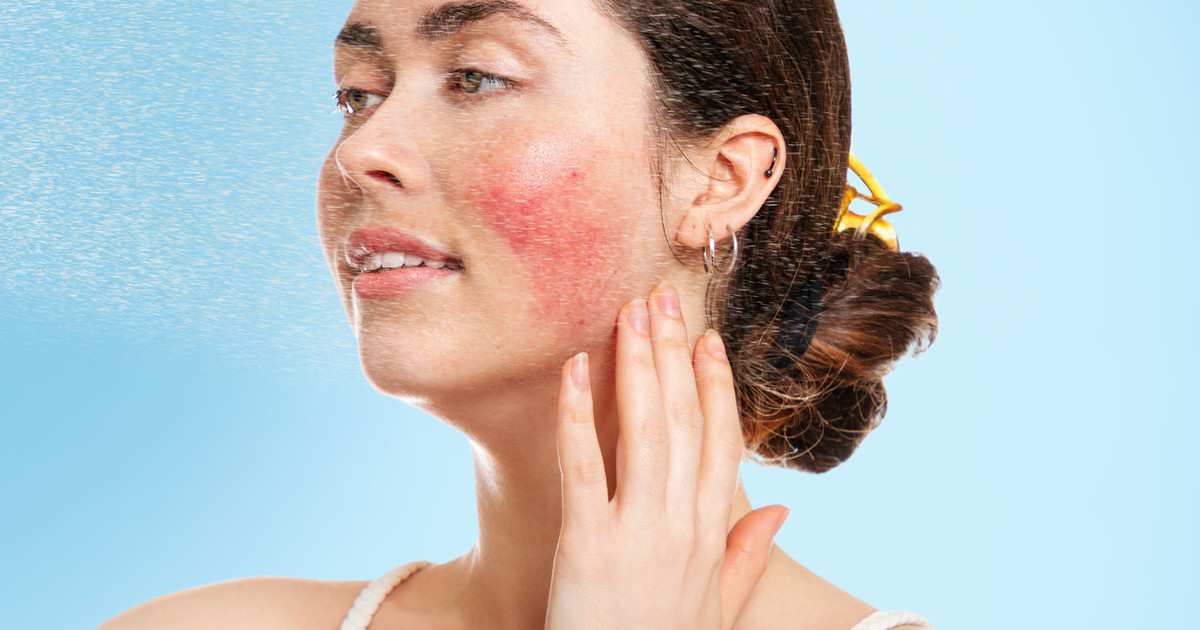Guide To Treating Common Skin Problems
There are many skin disorders, all of which can vary in severity and presentation. Some problems may be aesthetic only, rather than causing physical symptoms. Others can lead to painful symptoms like rashes, itching, sores, and infections. Some skin disorders are temporary, while other conditions can be permanent or chronic with recurring flare-ups. The cause of skin disorders can also vary widely. Some are the result of environmental factors, while others may be due to genetics or an autoimmune response.
The best treatments for skin conditions vary depending on the condition. For instance, some patients will need prescription medication for acne. Adapalene gel is another common treatment, along with prescription tretinoin and over-the-counter retinol. However, eczema treatment is different, and treatment for rosacea has other considerations as well. Of course, sunburn treatments are very different and often not as intense. Ultimately, patients must understand common skin conditions before embarking on treatments.
Acne

Many over-the-counter products are made to treat acne. In many cases, these can help clear breakouts by unclogging the pores and removing dirt and debris from existing breakouts. However, over-the-counter products do not work for everyone. There is often a genetic component to acne that relates to how an individual's hormones affect their skin. Dermatologists can help treat acne by looking at their patient's skin, determining the cause of the breakouts, recommending lifestyle changes, and filling out prescriptions. Dermatologists can also help individuals avoid acne scarring and help reduce the appearance of existing scars.
Prescription medications for acne help reduce swelling in the face and decrease oil production. Excess oil can lead to clogged pores, which are causes of acne for some individuals. Antibiotics may also be used to help with bacterial infections. Prescription drugs often take several weeks to show results for acne. In addition, a patient's acne may temporarily worsen before getting better, which is a process often referred to as 'purging.' Azelaic acid is often used because of its antibacterial properties. Another treatment is salicylic acid, which prevents plugging of the follicles. Topical dapsone gel may be recommended for patients with chronic inflammatory acne.
Rosacea

Unfortunately, there is no cure for rosacea, and the condition is considered chronic. However, some treatments can help control ongoing symptoms. Treatment regimens tend to rely on a combination of prescription medications and at-home skincare. Some patients will need ongoing treatment for long periods, while others may only need to treat the occasional flare-up. It is common for the condition to recur after an initial flare-up ceases.
Several types of medication can treat rosacea. First, there are topical ointments designed to reduce redness in the skin. Patients can apply them to their skin if their rosacea symptoms are mild or moderate. They constrict the blood vessels temporarily so that the redness is not as prominent. If a patient's rosacea is more severe and includes pimples or bumps, their doctor may order a course of oral antibiotics. This helps clear up any bacterial infections that are related to the condition. Finally, doctors may sometimes prescribe isotretinoin if a patient's flares cause symptoms similar to acne.
